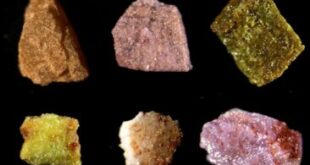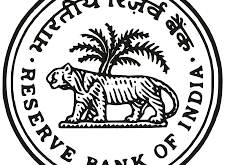Nobody really wants to die, but death is an unavoidable part of all living beings. Things are further complicated because death is largely uncertain. We can never be sure what will happen to us in the next hour.
An individual’s death can be very traumatic for loved ones. It can also create financial issues for family members if the deceased was the sole bread winner of the family. In this context, the question arises as to what happens to an individual’s bank account after his death. Well, there can be several possibilities, as described below.
Joint account – In case of joint account, the surviving person or signer will gain access to the account. However, it’s important to notify the bank about the death of the individual. This will allow the bank to remove the name of the deceased and transfer the account in the name of remaining signer.
Beneficiary – Most banks allow account holders to nominate their beneficiary. In case of death, the money available in the bank account will be transferred to the beneficiary. The bank will then close the account permanently. In case a beneficiary is not mentioned, the legal heirs of the deceased will have to claim ownership of the bank account. They will have to submit relevant documents that establish their relationship with the deceased.
Will – A will is a good way to ensure proper ownership of a bank account in case of death. In case a will is available, the beneficiary (or beneficiaries) mentioned in the will gain ownership of the bank account. In case there is no will, inheritance laws will come into play. In such cases, the closest family members of the deceased can claim ownership of the bank account. In most cases, preference is given to the spouse and children of the deceased.
Power of Attorney (PoA) – In case the deceased had signed a PoA and if that document is still valid, the individual or entity mentioned in the PoA will have the rights to manage the bank account. However, if legal heirs or immediate family members are not happy with this arrangement, they can file a court case under inheritance laws to claim ownership of the bank account.
Unclaimed bank accounts – In case there is no beneficiary, no will, no PoA and no legal heirs, the bank account will become dormant after a specific period of time. The bank will wait for a couple of years to see if any claims arise for that bank account. The time frame can vary based on local laws. In case no claim arises, the funds in the bank account are escheated to the state and utilized for public use.
It’s imperative that you either have a joint account or at least name a beneficiary in your bank account. It will save a lot of trouble for your family members in case of your death. Even when you are not there, your family members will have the financial support to move forward in life.
 Newspatrolling.com News cum Content Syndication Portal Online
Newspatrolling.com News cum Content Syndication Portal Online






